How are Social Workers Changing Youth Mental Health Practice?
Welcome back to the Social Work Café blog!
This week, we're delving into the highlights from episode 2 of our podcast, and let me tell you, you're in for an inspiring ride.
In this episode, we had the pleasure of sitting down with Alex Wilson, a seasoned social worker who runs her own private practice, Mindful Recovery. From the moment we started talking, it was clear that Alex's passion for her work knows no bounds.
Alex's journey into social work has been diverse, but she found her calling in the mental health space, particularly in dialectical behaviour therapy (DBT).
Throughout our conversation, Alex didn't shy away from addressing the shortcomings she's observed in the mental health system, especially regarding how young people are often labelled as "too complex" or "difficult," leading to their trauma being overlooked.
What struck me most about Alex's approach is her emphasis on early intervention and long-term therapy, as opposed to the crisis-oriented focus of many services.
She highlighted the importance of building stable, trusting relationships with clients, something that's often lacking in environments with high staff turnover or limited resources.
One of the most pressing issues we discussed was the impact of COVID-19 on young people's mental health.
With social connections severed during lockdowns, many have been left struggling to cope with the aftermath.
It's disheartening to see the Australian government's decision to reduce Medicare rebates, especially when the need for mental health support is greater than ever.
Alex's advocacy doesn't stop at individual therapy sessions.
She's passionate about challenging stigma and harmful labels within the system, advocating for policy changes to better serve those in need.
Her dedication to transforming service models is truly inspiring, reminding us of the power of social workers on a mission.
Throughout our conversation, Alex shared valuable insights from her practice, emphasising the importance of approaching clients with curiosity, non-judgment, and respect.
The favourite technique she highlighted, the dive skill from DBT, offers a practical way to manage emotional distress and panic attacks—a simple yet effective tool in the toolbox of mental health support.
As we wrapped up our discussion, I couldn't help but feel hopeful for the future of social work.
Alex's passion and advocacy are contagious, reminding us of the profound impact we can have when we advocate with those who need it most.
So, to all the social workers out there: stay hopeful, stay passionate, and never underestimate the power of your work.
Together, we can make a difference.
Until next time, Dr. B

